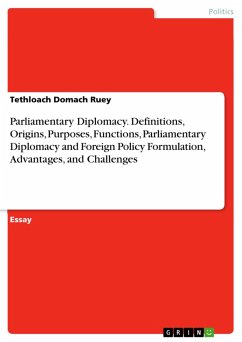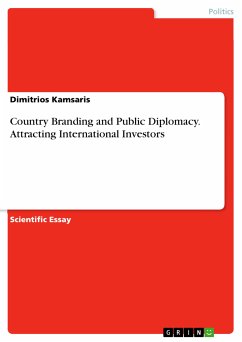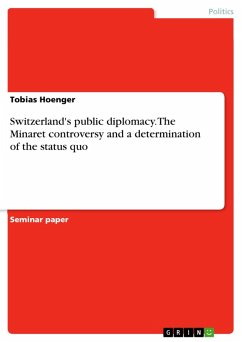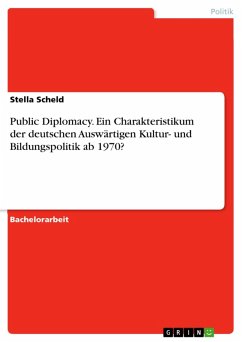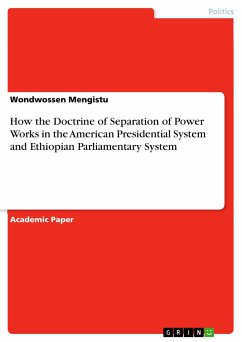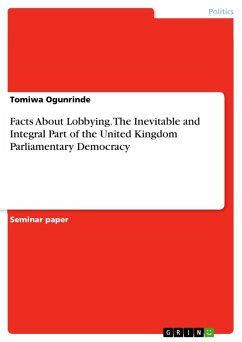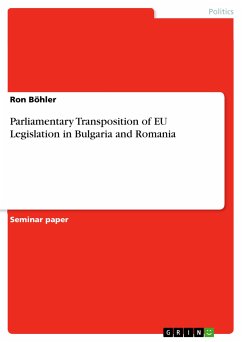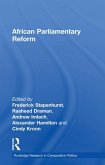Essay from the year 2024 in the subject Politics - Topic: International relations, grade: A, , course: Ph.D. in Diplomacy and International Affairs, language: English, abstract: Traditionally, diplomacy is the responsibility of a government, specifically the Ministry of Foreign Affairs. However, the evolving diplomacy landscape involved various actors, such as parliament. Parliament is involved in diplomacy because governments want legislatures to play a crucial role in foreign policy implementation. Furthermore, the involvement of parliament in diplomacy is connected with globalization and parliamentarians' desire to tackle international issues. In governments, diplomacy is an instrument for implementing a foreign policy. Traditionally, diplomacy is the responsibility of the government's executive branch, specifically the Ministry of Foreign Affairs. However, the evolving diplomacy landscape requires transgovernmental relations to coordinate and implement a state foreign policy. A government formulates and implements a state foreign policy, and parliament, dependent on the state system, can initiate, defend, evaluate, and oversee a state's foreign policy through its Foreign Affairs Committee. In addition to its oversight responsibility, parliament has also become an implementer of foreign policy to a certain extent. This is why, inter alia, parliament got into diplomacy. The transcendence of diplomacy beyond its borders requires not only transgovernmental relations and parliament but also non-state actors such as private citizens, non-governmental organizations, and terrorist organizations. This paper analyzes why and how parliament became active in diplomacy, traditionally a government responsibility. To answer such questions, it is essential to comprehend what parliamentary diplomacy is, its purposes, and its functions. How did diplomacy find its way into parliament? Is it an extension of foreign policy or a different form of diplomacy? What does it encompass? The paper will provide an in-depth analysis of parliamentary diplomacy, specifically its definitions, origins, purposes, functions, role in shaping foreign policy, advantages, and challenges. Chapter One will analyze parliamentary diplomacy's definitions, origins, purposes, and functions. Chapter Two will discuss parliamentary diplomacy and foreign policy formulations. Chapter Three will concisely explain the advantages and challenges of parliamentary diplomacy. The conclusion will succinctly summarize the paper and provide recommendations.
Dieser Download kann aus rechtlichen Gründen nur mit Rechnungsadresse in A, B, BG, CY, CZ, D, DK, EW, E, FIN, F, GR, HR, H, IRL, I, LT, L, LR, M, NL, PL, P, R, S, SLO, SK ausgeliefert werden.

